Archives
- 2026-02
- 2026-01
- 2025-12
- 2025-11
- 2025-10
- 2025-09
- 2025-03
- 2025-02
- 2025-01
- 2024-12
- 2024-11
- 2024-10
- 2024-09
- 2024-08
- 2024-07
- 2024-06
- 2024-05
- 2024-04
- 2024-03
- 2024-02
- 2024-01
- 2023-12
- 2023-11
- 2023-10
- 2023-09
- 2023-08
- 2023-07
- 2023-06
- 2023-05
- 2023-04
- 2023-03
- 2023-02
- 2023-01
- 2022-12
- 2022-11
- 2022-10
- 2022-09
- 2022-08
- 2022-07
- 2022-06
- 2022-05
- 2022-04
- 2022-03
- 2022-02
- 2022-01
- 2021-12
- 2021-11
- 2021-10
- 2021-09
- 2021-08
- 2021-07
- 2021-06
- 2021-05
- 2021-04
- 2021-03
- 2021-02
- 2021-01
- 2020-12
- 2020-11
- 2020-10
- 2020-09
- 2020-08
- 2020-07
- 2020-06
- 2020-05
- 2020-04
- 2020-03
- 2020-02
- 2020-01
- 2019-12
- 2019-11
- 2019-10
- 2019-09
- 2019-08
- 2019-07
- 2019-06
- 2019-05
- 2019-04
- 2018-11
- 2018-10
- 2018-07
-
A coleta de dados para pesquisa ocorreu
2019-04-28
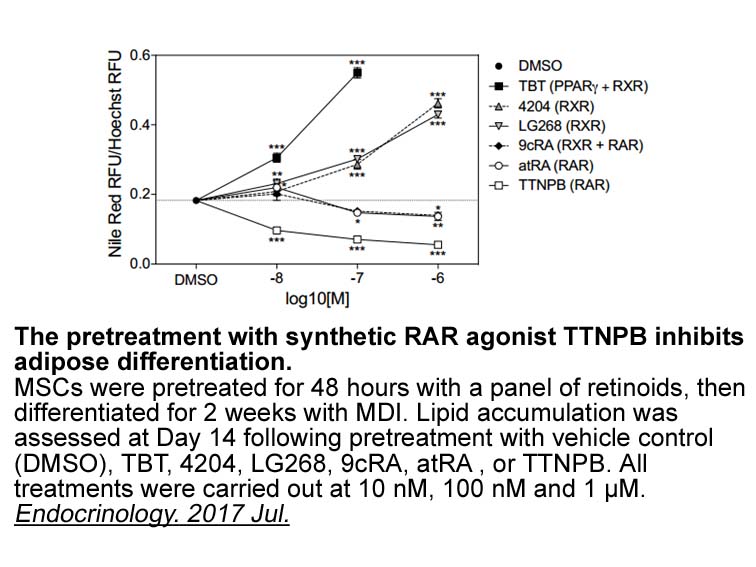
A coleta de dados para pesquisa ocorreu com diversas técnicas. In-vestigações em endereços eletrônicos, jornais, revistas, livros, artigos. En trevistas pessoalmente, por telefone e emails. Os autores também mantiveram contato via correspondências com todas as organizações relacionadas no Quadro 1 e
-
SGC707 Supplier Una vez que simplifican la problem tica
2019-04-28
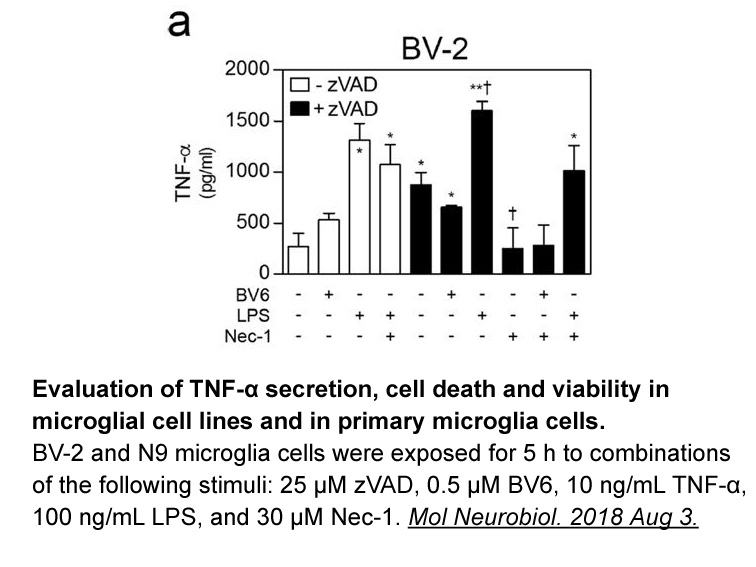
Una vez que simplifican la problemática latinoamericana al ámbito de la violencia, dice el autor español, “lo único que parece interesar SGC707 Supplier los de fuera es si el uso de la violencia está justificado o no”, y la respectiva petición de clarificación a los teólogos de la liberación funge c
-
Inappropriate shocks can be avoided in the
2019-04-26
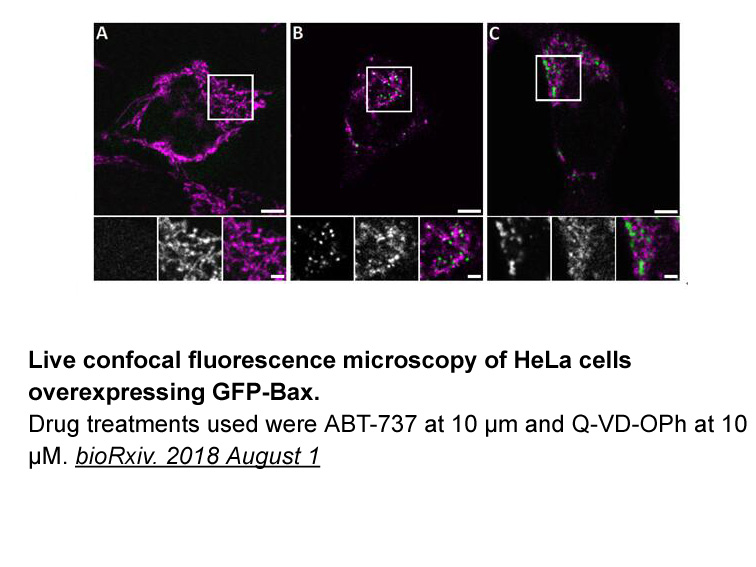
Inappropriate shocks can be avoided in the following ways while using a monitoring zone: (1) not setting a monitoring zone; (2) setting the VT zone at a higher rate than that of sinus tachycardia; (3) setting the VF zone at a higher rate for evaluating PAC intervals; (4) increasing the VF detection
-
Uno de los poemas extensos de Paz
2019-04-26
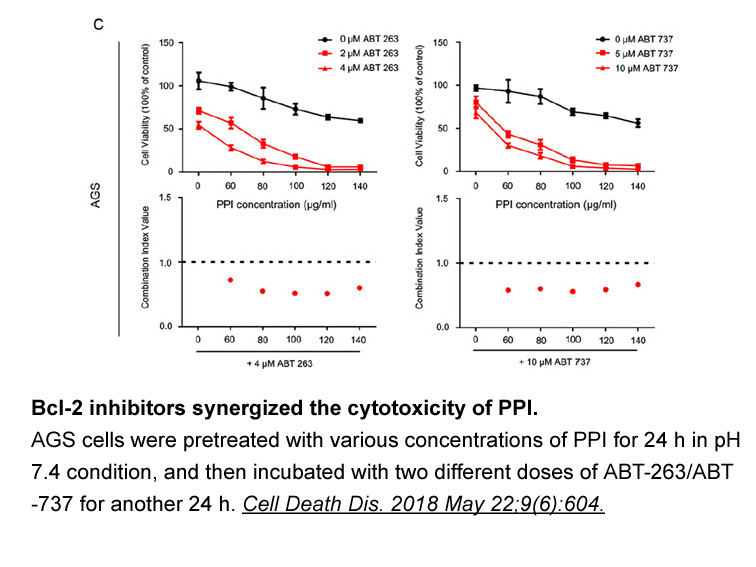
Uno de los poemas extensos de Paz, que muestra con perfección esta poética de la estructuración espacial es “Vuelta”, publicado por primera vez, en forma suelta, al retorno del poeta dpp-4 inhibitors México en 1971, e incluido después en el poemario de mismo nombre ( 1976). En unas de las páginas má
-
There are a number of reasons for this disparity people
2019-04-26
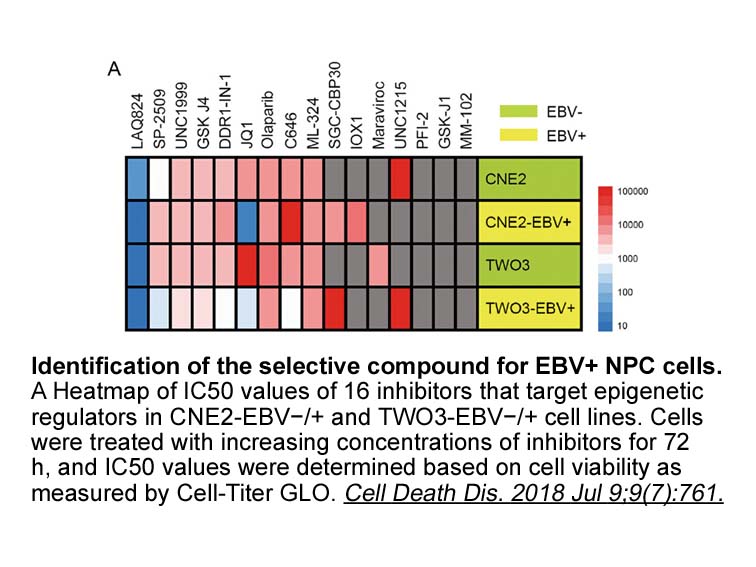
There are a number of reasons for this disparity: people with disabilities are disproportionately poor, lacking in access to education and employment, and excluded from social networks. Health-care facilities, equipment, and transportation are often inaccessible. But another significant factor is th
-
The GCT usually involves a cladding that
2019-04-25
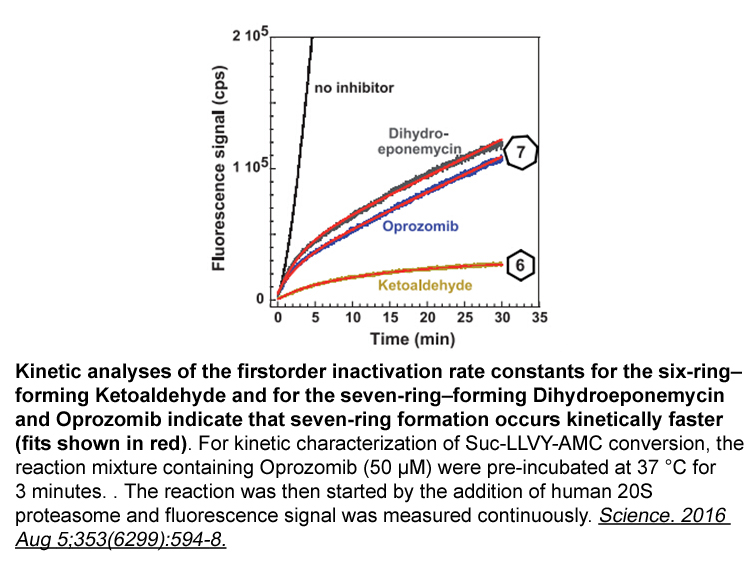
The GCT usually involves a cladding that consisted of reactive bone and fibrosis, with a distinct boundary surrounded by soft tissue. Nevertheless, the active cladding is very thin among patients with severe invasiveness, including tumors that extend directly in into the muscle and fat, or other sig
-
El problema del populismo ocup de manera temprana
2019-04-25
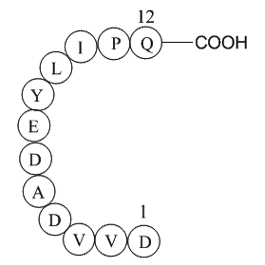
El problema del populismo ocupó de manera temprana la obra de Ernesto Laclau. Su primera obra, publicada en 1977 como Politics and ideology in marxist theory. Capitalism, fascism, populism, incluye el capítulo “Hacia una teoría del populismo”. La preocupación por el asunto no es meramente teórica si
-
In the case reported by Goldstein et al a Riata
2019-04-25
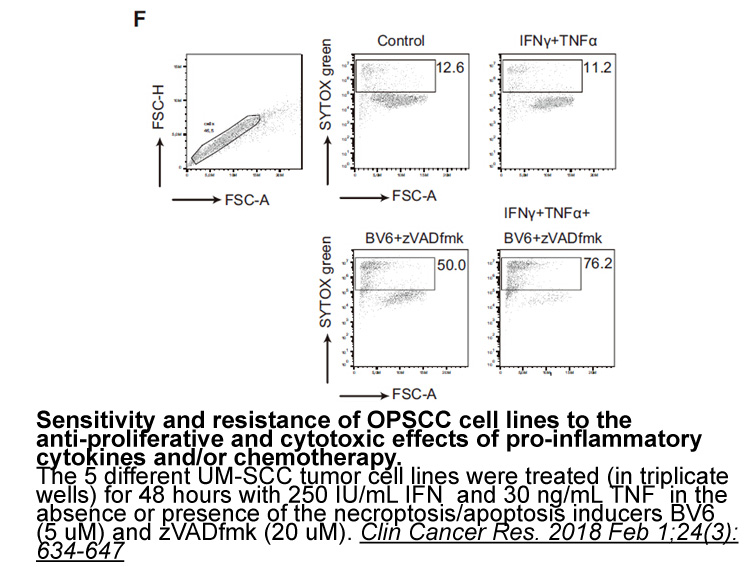
In the case reported by Goldstein et al. [2], a Riata ST lead (St. Jude Medical, Sylmar, CA, USA) was used. The authors did not mention whether the lead was a dual-coil system or not. If the lead was a single-coil system, the possibility of an HV short circuit between the RV coil conductor and the d
-
br A KCNJ mutation corresponding to an S
2019-04-25
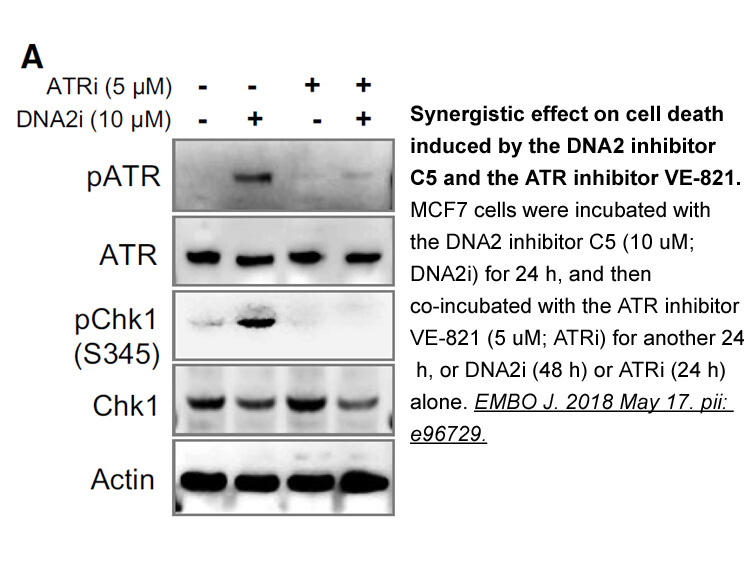
A KCNJ8 mutation, corresponding to an S422L mutation in the protein, was first identified in a 14-year-old girl with early repolarization [59], who suffered frequent VF attacks. KCNJ8 encodes Kir6.1, which has 2 transmembrane regions, and the KATP channel is composed of a complex of Kir6.1 or Kir6
-
Examples of numerically generated vortices and their organiz
2019-04-25
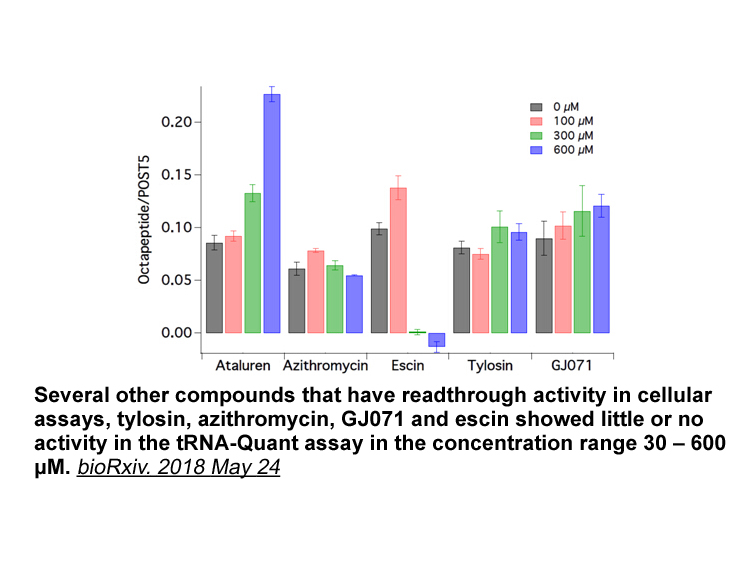
Examples of numerically generated vortices and their organizing centers in 3-D excitable media are illustrated in Fig. 1. Panels a to d show 4 different configurations of 3-D scroll waves that were computed using the FitzHugh–Nagumo model [39,40]. Panel a shows an example of the simplest configurati
-
br Discussion This patient presented with a rare case
2019-04-25
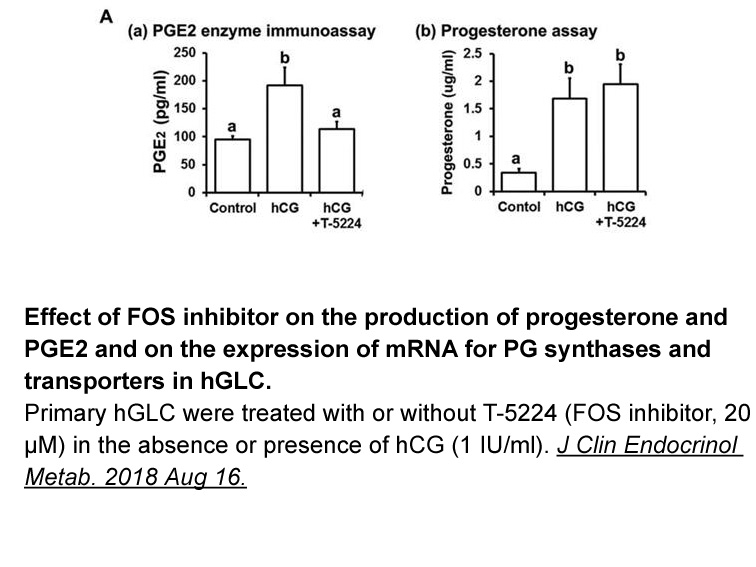
Discussion This patient presented with a rare case of ameboma and underwent a right hemicolectomy procedure. However, the patient did not survive the surgical intervention and post-operative period due to severe sepsis. The primary reason that treatment failed was due to delayed diagnosis and tre
-
br Conflict of interest br Introduction
2019-04-25
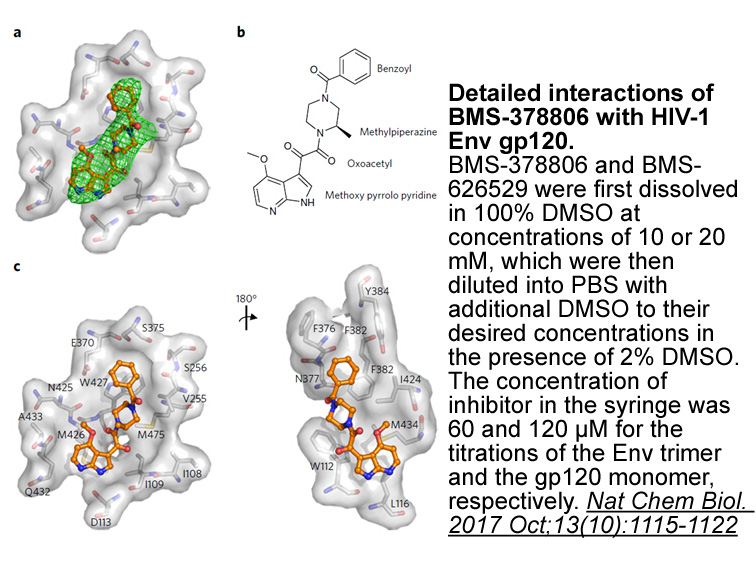
Conflict of interest Introduction Nasopharyngeal carcinoma (NPC) is a tumor arising from the epithelial cells that line the surface of the nasopharynx. It is a commonly found tumor of the head and neck region in adults, and its incidence varies widely in different regions. It has been observed
-
In addition to CAF in the
2019-04-25
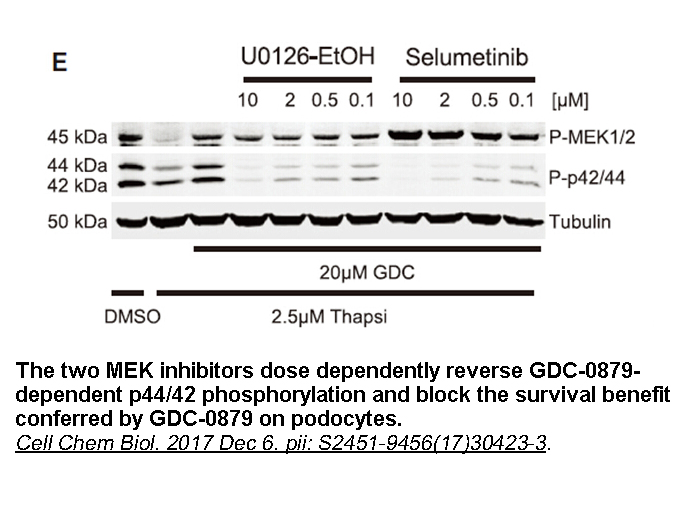
In addition to CAF in the primary tumour microenvironment, it is tempting to speculate that fibroblasts within the bone itself may play a role in the establishment of metastatic deposits. Fibroblasts form a major component of the bone marrow stroma and regulate haematopoiesis by secreting a range of
-
The presence of an inflammatory infiltrate is associated
2019-04-25
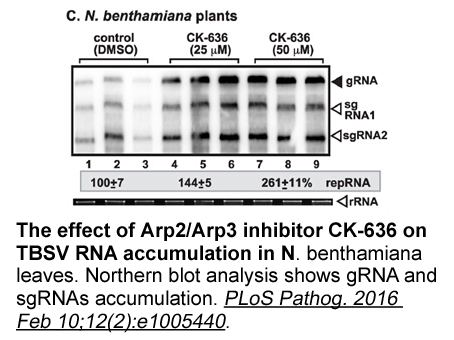
The presence of an inflammatory infiltrate is associated with poor prognosis in a number of malignancies, including those with a predilection for metastasis to bone. CAFs are capable of promoting, and maintaining an inflammatory environment by recruiting immune cells; in particular monocyte/macropha
-
br Methods br Results br Discussion The results
2019-04-25
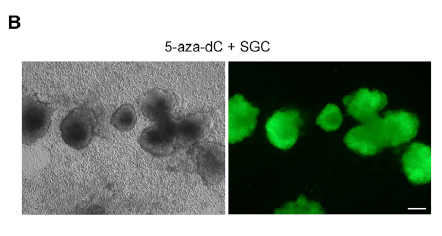
Methods Results Discussion The results of this study demonstrate that (1) low-dose landiolol (0.5μgkg−1min−1) prevent heart rate elevation after AF ablation; (2) prophylactic administration of low-dose landiolol successfully prevented immediate AF recurrence within 3d after AF ablation with
16171 records 1048/1079 page Previous Next First page 上5页 10461047104810491050 下5页 Last page